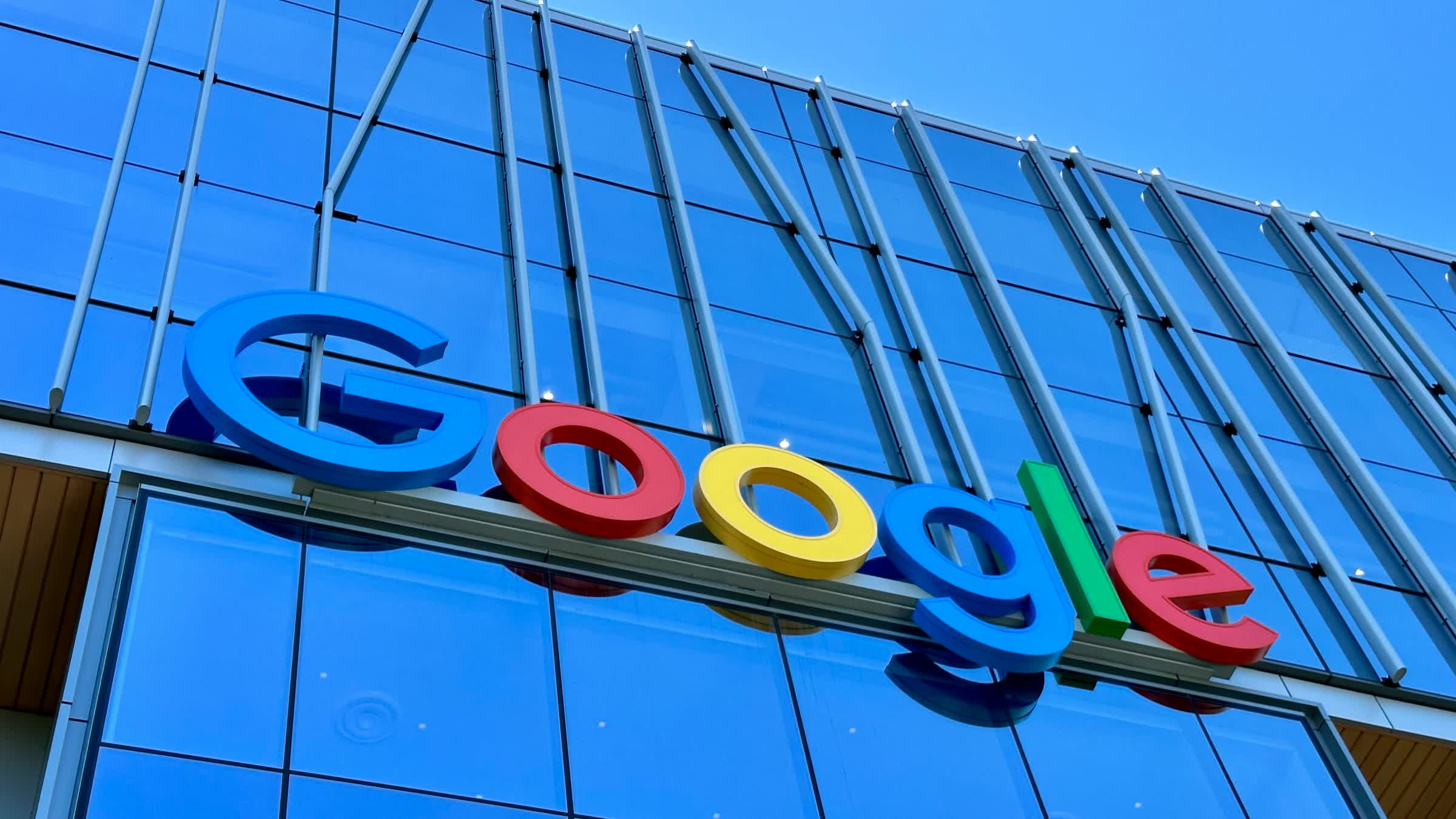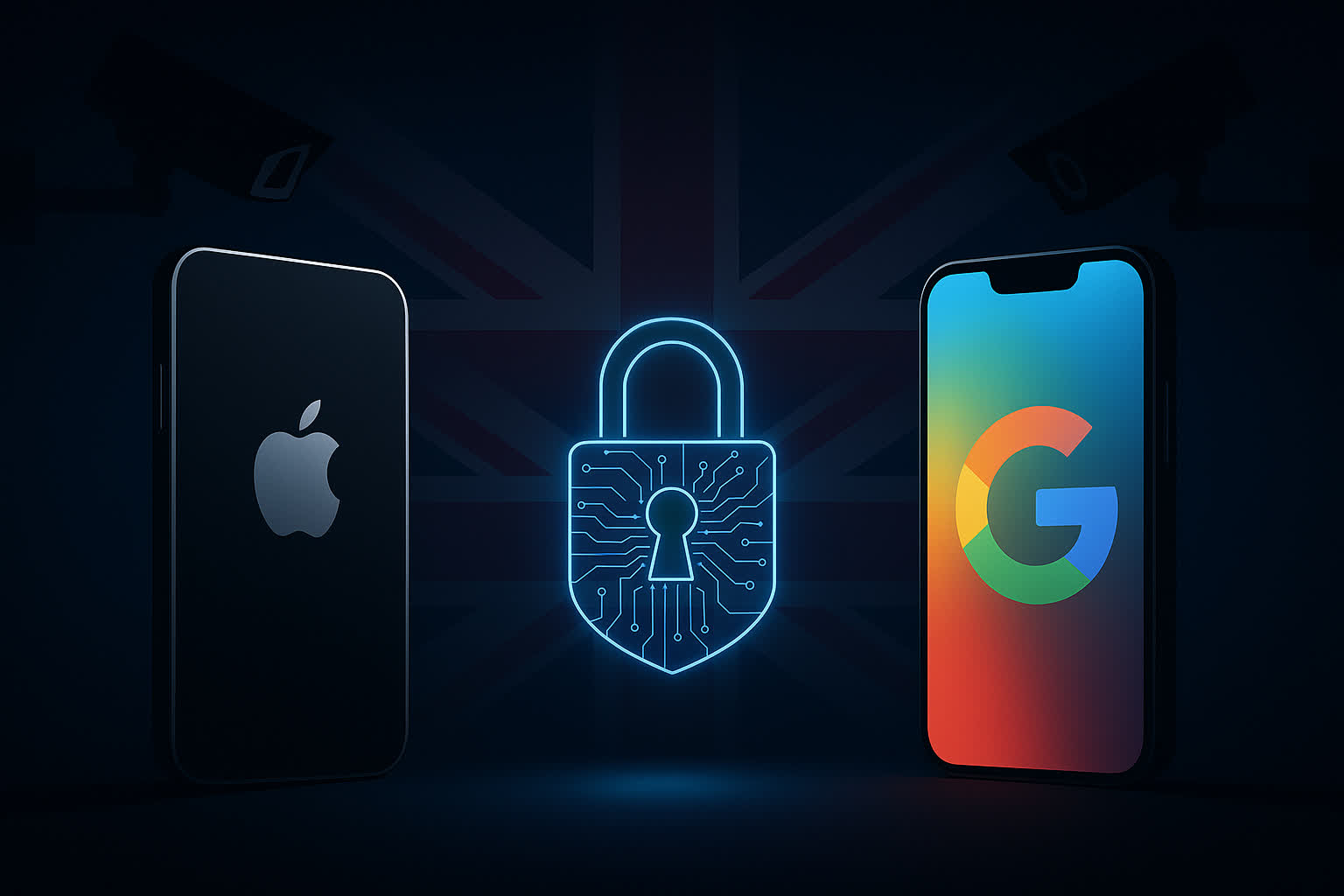A hot potato: Google says that unlike rival Apple, it has not received a demand from the UK government to build a backdoor in its encrypted services. The tech giant had refused to answer a US Senator's question on the matter, but it has since confirmed it is not subject to a similar order as Apple.
In a letter to the Director of National Intelligence, Tulsi Gabbard, Senator Ron Wyden, who serves on the Senate Intelligence Committee, wrote about the UK's "reported secret surveillance demands of US companies."
Wyden added that recipients of the UK's technical capability notice are prohibited from discussing them, meaning US firms cannot confirm whether they received one or whether they are complying with the order.
Meta, which offers end-to-end encryption in WhatsApp and optionally in Messenger, made an unequivocal denial to Wyden's office when asked if it had been issued with an order from the UK government to backdoor its encrypted services.
Google also offers end-to-end encryption in several of its products, including Android device backups. When Wyden's office asked it the same question, the company did not answer, stating only that if it had received a technical capability notice, it would be prohibited from revealing that fact.

Such a response naturally suggests that Google did receive the notice but isn't allowed to say so. However, the company has since confirmed that this isn't the case. Spokesperson Karl Ryan told TechCrunch in a statement: "We have never built any mechanism or 'backdoor' to circumvent end-to-end encryption in our products. If we say a product is end-to-end encrypted, it is."
When explicitly asked by the publication if it had been subject to a UK surveillance order, Ryan said: "We haven't received a technical capabilities notice."
After it received the demand at the start of the year, Apple decided that, rather than risk compromising the security of its users globally, the best course of action was to remove its Advanced Data Protection (ADP) option for new UK users. Existing ADP users were required to disable the feature manually during a grace period.
The US government has pushed back against the UK's demands on Apple from the start. It reportedly investigated whether the UK government had violated the Cloud Act data treaty early this year. The Act states that the UK may not issue demands for data of US citizens, nationals, or lawful permanent residents, nor may it demand data from individuals located inside the United States.
Last week brought news that the UK is trying to back down from its demands on Apple, which are turning into a legal fight, amid fears it could spark a backlash from Washington. Vice President JD Vance is one of several politicians pressuring the UK government to drop the matter.
